Real estate investor and veteran Ken Lacy created Veterans Path Up to put veterans on the path to home ownership
Ken Lacy’s story is compelling. A veteran who overcame a severe injury, he started Veterans Path Up (VPU) in 2015.
VPU is a 501(c)(3) that assists veterans who are experiencing housing instability and homelessness. The organization provides a path to home-ownership for veterans in the Charlotte, North Carolina, area and connects them with complimentary agencies that teach financial literacy, budgeting and other life skills. Lacy’s vision is to expand and open affiliate locations across the country so that one day, no veteran is without stable housing.
You were a diver in the military and were injured during a job-related dive operation. You underwent years of physical rehabilitation and graduated from business school. What was that time like?
I was a Navy diver in the reserves and a civilian diver at the NNSY-Norfolk Naval Shipyard. I was on a civilian dive job with the Navy when I got injured. At that point, I had to get rehabilitated because the ship yard said I wouldn’t have a job. I didn’t have a degree, so I wasn’t trained to do anything other than diving, which had always been my dream.
Tasked with choosing a major, I settled on marine biology. I interviewed some professors, and they said that someone with a bachelor’s degree in marine biology doesn’t make much money. You have to be a Ph.D. and published to succeed at any high level. So, I went for a business degree instead. It seemed like the most marketable degree at the time. I graduated in December 2006, and during the three years in college and preceding one year, I became rehabilitated enough to accept an active duty deployment. I was mobilized and deployed to the Middle East—to Jabel Ali on the Persian Gulf, the closest town to Dubai. Our job was AT/FP dives (Anti-terrorism/Force Protection). We were looking for IEDs, or bombs underwater, attached to ships and other NATO vessels.
When did you decide to get into real estate investing?
When I returned from being deployed in the Middle East as a reservist, I was demobilized. Unless you have a job where you have return rights, you need to find a job. I ultimately got an offer with a software company in Charlotte. After just over a year, I was asked to move to a telecommunications company underneath the same umbrella of the private equity firm that owned 65 other companies. After three years there, I learned that company was going to be absorbed by another one. The writing was on the wall, so I looked for another opportunity. I went to work for an IT company and didn’t love it. That’s when I became interested in real estate investing. This was in 2012.
You were working with other organizations that helped veterans before starting VPU. What were the biggest challenges?
I worked with other organizations that helped veterans who were at various stages: those who were chronically homeless (which has different definitions, depending on who is interpreting); needed interview training, resume writing, skills training; help with finding a job, etc. I was educating landlords and property managers about the needs of veterans, but I had a high failure rate in the beginning: veterans who could not pay their rent as well as veterans who had a job and for a time were getting assistance from other organizations.
Some organizations gave the veterans financial counseling services, but the counseling didn’t continue once they were in homes. The veterans didn’t have the tools to make the right financial decisions, so they would end up back on the street. I started doing research on how best to help them and came up with the criteria that VPU now uses to determine which vets we help.
First, the vet has to be honorably discharged, verified by their DD-214, which shows what kind of discharge the vet received and how long they served. Second, we require two years or more of military service.
In 2012 and 2013, you developed an investment model that funded the acquisition and rehab of properties, then placed tenants in them under property management and sold the properties to turnkey investors. What was it about this investment model that made you think it could become a vehicle to help veterans?
Right after we developed this model for real estate investing, I was at a veterans’ luncheon. The leader of the organization asked if I would use this model to house homeless veterans. That was the catalyst and the start of helping our veterans into homes. We got our 501(c)(3) Sept. 30, 2015. The very next week we had our first house donated to us by the city. Within a week, we had a 30-person party to help gut the property because it had been boarded up and vandalized
for over four years. One of the workers found a loaded handgun in the backyard. There were also used syringes in the property. That’s when we found out that the VPU house was next to the No. 1 drug house in Charlotte. People had been using the abandoned home as a drug house.
We started to work on that first house in October 2015. The veteran moved in with his
wife on Feb. 1, 2016. He had volunteered to work on the house and ended up receiving it. When he was helping with the renovation, he had no idea that he and his wife would be moving in. Before moving in, they had been couch-surfing.
Shortly after they moved in, the veteran’s wife got a job at an assisted living facility. In addition to her main job, she volunteered to take over the chapel. A few months later, she became an ordained minister—I haven’t told that part of the story in a while—I get choked up. That veteran family now owns this house, and it’s the best home in the neighborhood. They also made a community garden in their backyard. They took flyers around the neighborhood to let people know they were making a community garden.
This was a win-win-win for the veteran’s family, the neighborhood and the city. It proves the VPU model works. There are other cities that would like to donate properties. The city of Charlotte doesn’t have any more properties, other than land, available to convey to us. They would like to because we take the worst house, make it the best house and increase the property values of the neighborhood. Truly, it’s a win when we go into a neighborhood. Local police agree that crime goes down. Incidentally, the police department has volunteered to work on every VPU house.
How do VPU’s services differ from or compliment some of the other services you mentioned?
Veterans coming to VPU are primarily looking for housing—a path to home ownership. If the veterans need additional services or are not yet ready for VPU, we connect them with Veterans Bridge Home, a nonprofit that helps veterans with many resources and bridges the gap between the military and civilian communities; Patriots Path, an organization that provides resume writing and interview skills; or a whole host of other veteran-focused government and nonprofit organizations.
How could the readers of Private Lender get involved with VPU?
Private lenders can partner with investors to flip a VPU home, make a tax-deductible cash donation, or even donate a house if they have any inventory they’d like to use as a tax-deductible donation. Or, they can sponsor a house. We are going to be breaking ground on our first new build project in a transitioning neighborhood. Be creative—as long as it supports our mission and vision, is legal and helps our veterans, we will entertain it!
How many veteransin Charlotte struggle financially?
Charlotte isn’t a military town, but we have a high number of veterans who live here. Charlotte alone has more 50,000 veterans. There are approximately 135,000 veterans in the greater metro area. Of those 135,000, two-thirds are in some sort of financially-challenged situation, ranging from homelessness to working multiple jobs and simply trying to make ends meet.
What are your plans for the program’s expansion?
My goal is for VPU to eventually be self-funded and have enough money to expand to every state. But, we’re not there yet. We’d need a couple of million dollars to be self-funded. Right now, we have the ability to buy or rehab here in Charlotte, but not both.
Our national entity, Veterans Path Up USA Inc., will be officially formed in a month. By January, we should have our national level 501(c)(3). Then we will start creating our affiliates. Our goal and vision is to end veteran instability in homes across the country. We already have an affiliate in Richmond, Virginia. The next affiliate will be in Gary, Indiana, and then in Mississippi, Atlanta and Dallas. Projected affiliate locations are in Houston, Orlando, Maine, Ohio and Jacksonville. That’s our next step—generating affiliates that will share our vision and tap into their local markets to help get veterans into homes.
What is the one thing you want people to know about veterans who are experiencing instability in housing or homelessness?
The veterans we help are honorably discharged and can be active or reserve. I believe that even if they’re homeless, you at least know you are supporting a vet who fought for our country.
We focus on veterans who, through life changes and situations, find themselves in tough times. All they are looking for is a chance. When we give them hope, they can see a light at the end of the tunnel and they are more likely to take advantage of the hand up. We look for the veterans who ultimately desire to be self-sufficient. There are thousands of them out there, sometimes sleeping on a relative’s couch or somewhere else. ∞

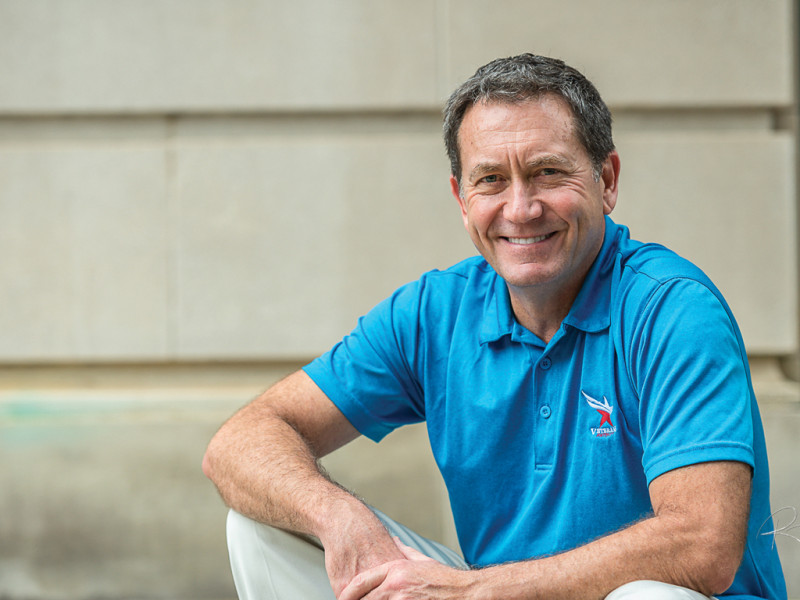
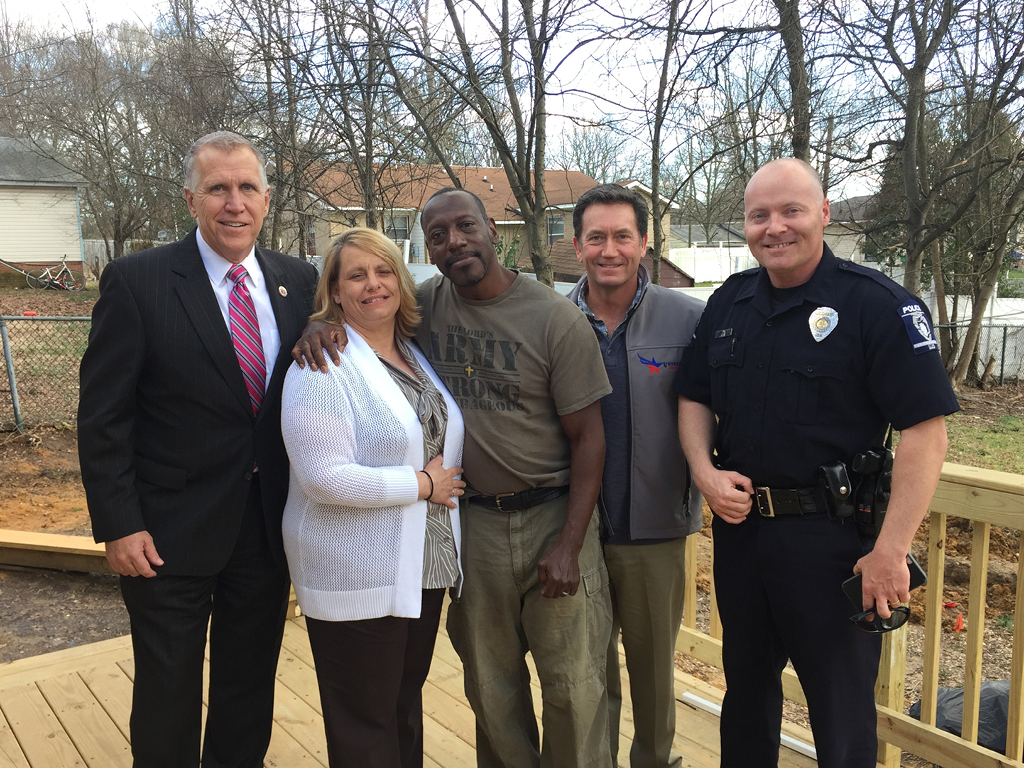

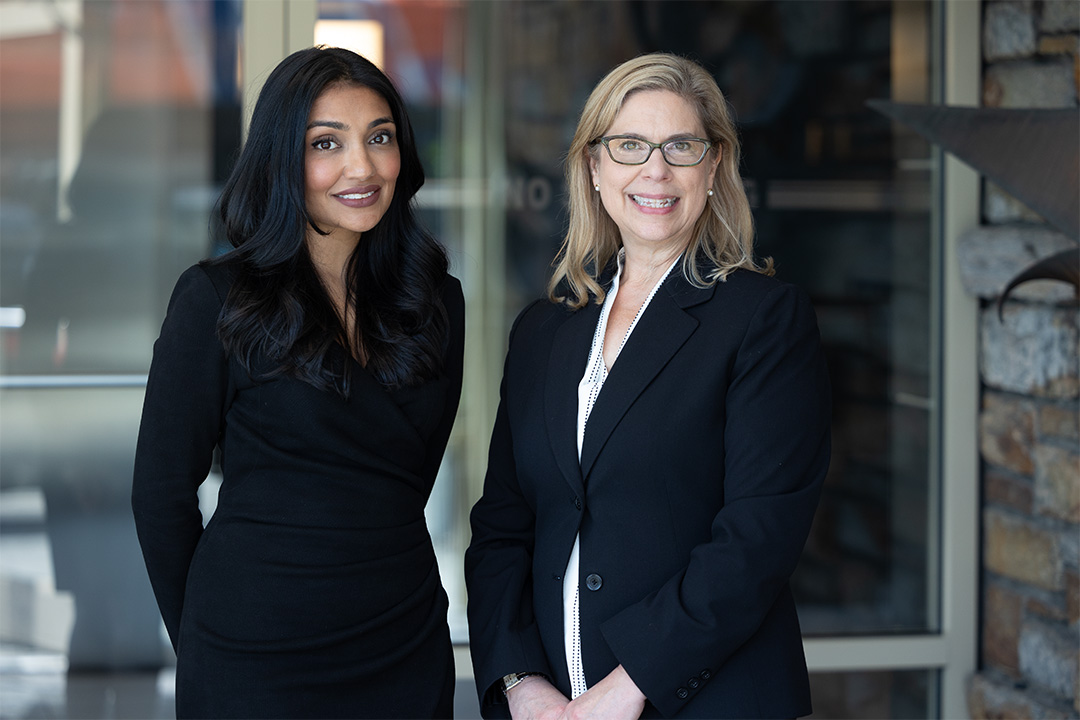
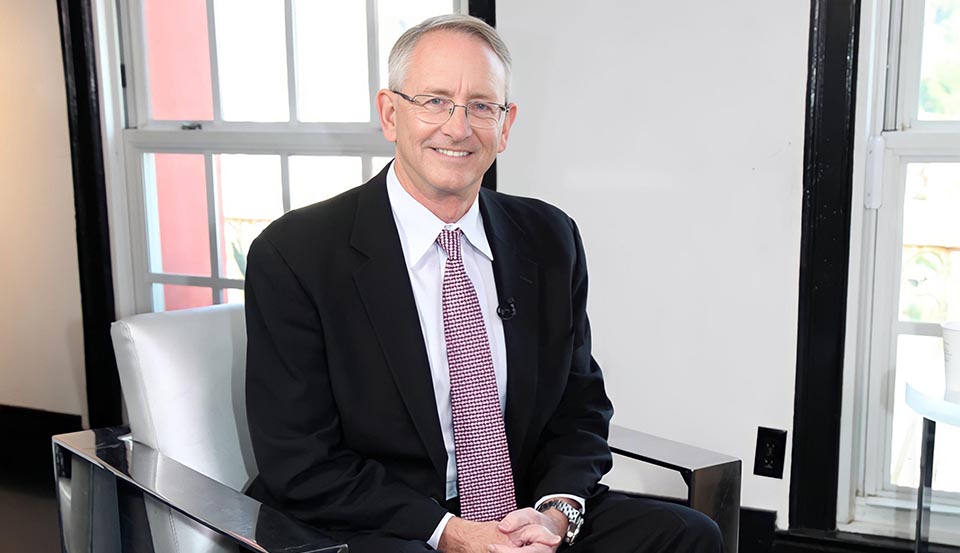
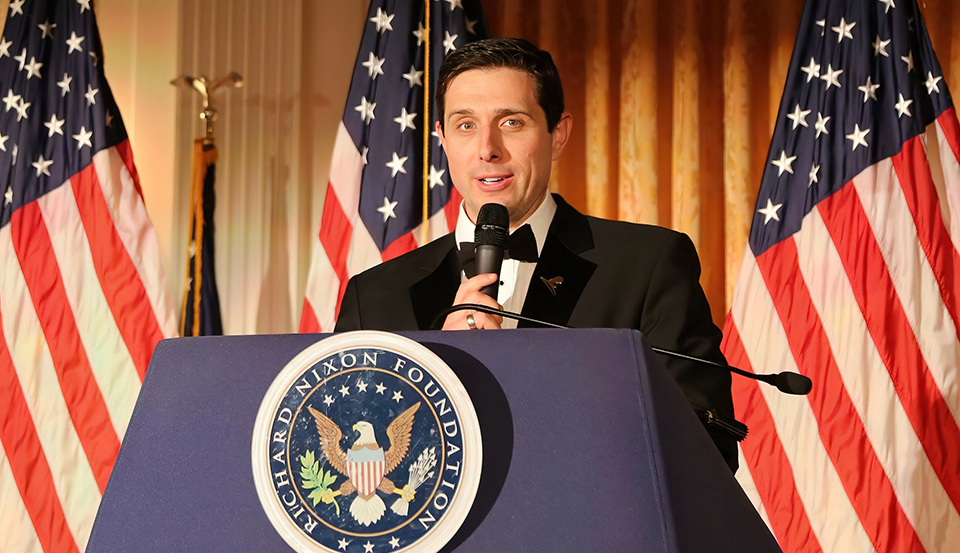

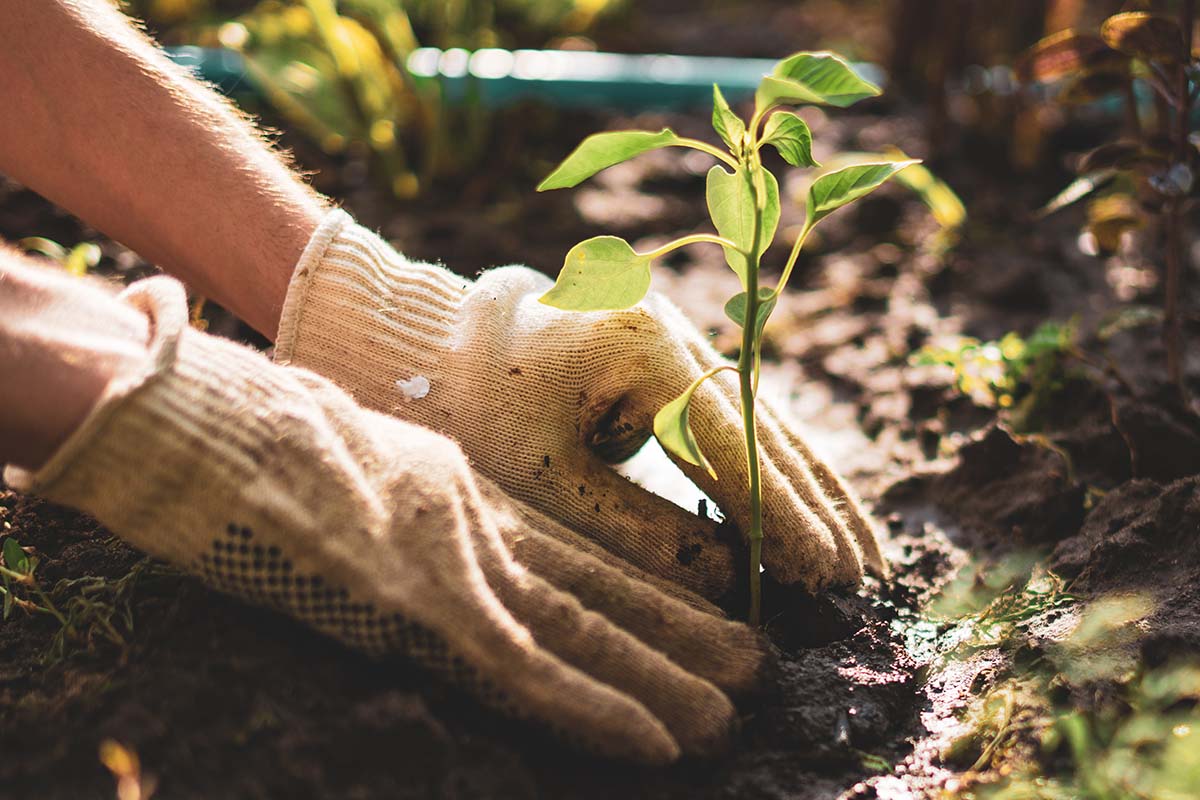




Leave A Comment